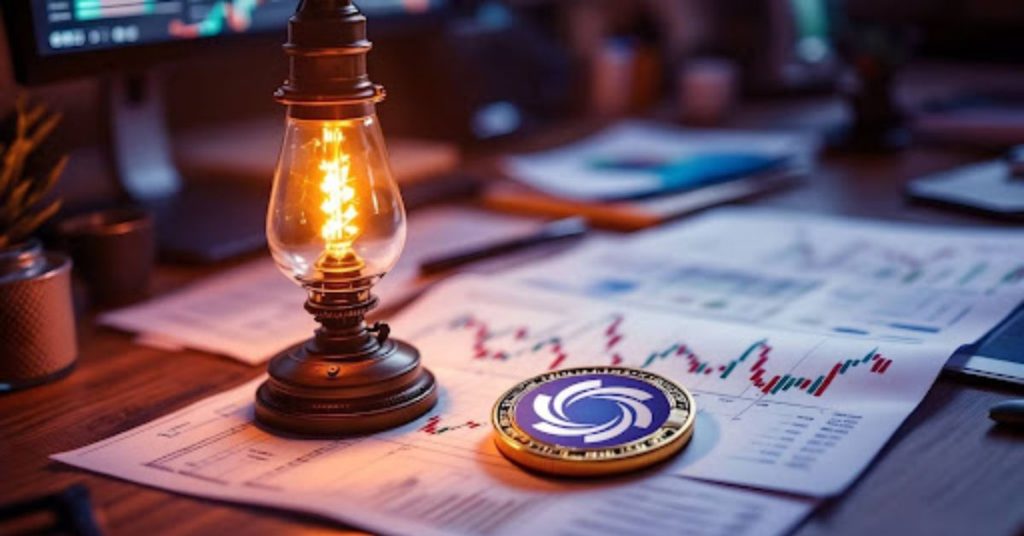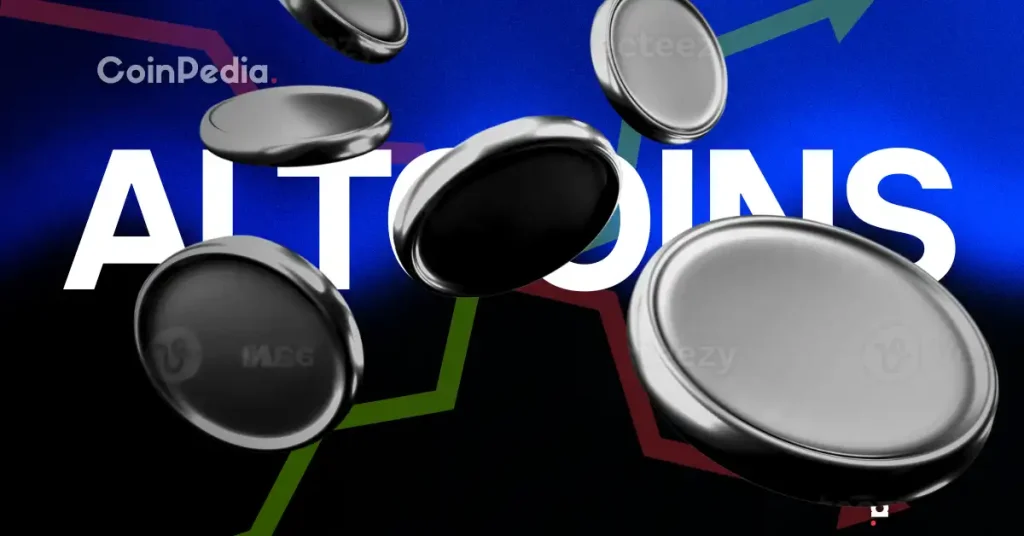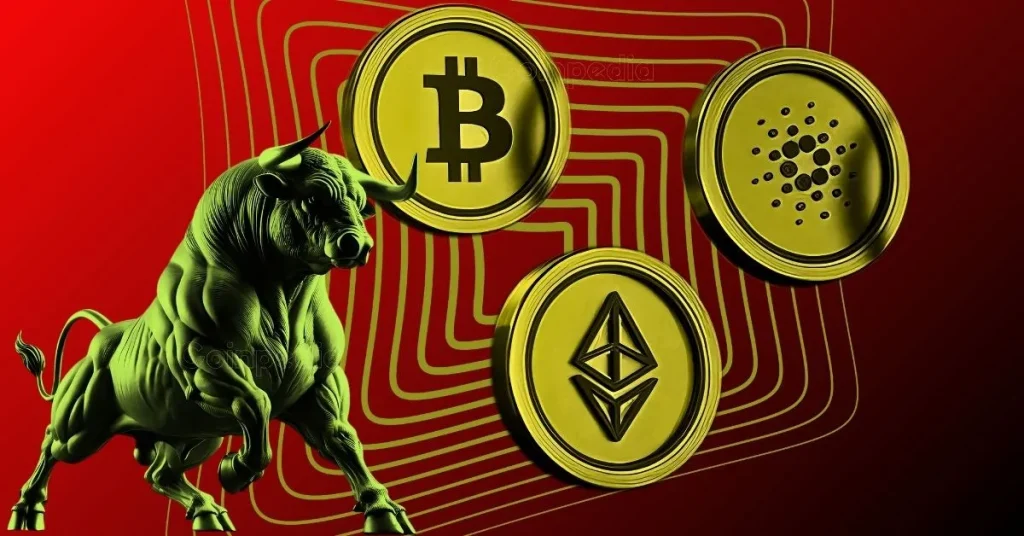Bridgewater Associates founder Ray Dalio is telling investors to load up on gold as the metal smashes through $4,000 an ounce. Speaking at the Greenwich Economic Forum in Connecticut, Ray said investors should put as much as 15% of their portfolios into gold.
“Gold is a very excellent diversifier in the portfolio,” Ray said. “If you look at it just from a strategic asset allocation perspective, you would probably have something like 15% of your portfolio in gold … because it is one asset that does very well when the typical parts of the portfolio go down.”
Gold futures were last seen at $4,005.80 per ounce, a record level after climbing more than 50% this year. The surge comes as investors run from fiscal deficits, rising debt, and global conflicts.
Ray compared today’s climate to the 1970s, when inflation, heavy government spending, and high debt destroyed confidence in paper assets and currencies.
“It’s very much like the early ’70s… where do you put your money in?” Ray said. “When you are holding money and you put it in a debt instrument, and when there’s such a supply of debt and debt instruments, it’s not an effective storehold of wealth.”
Ray breaks from traditional 60-40 playbook
Ray’s prediction clashes with the usual advice from financial advisors who push the 60-40 model of stocks and bonds. Alternative assets like gold are often suggested in tiny percentages, mostly because they don’t generate income.
Ray threw that out the window, arguing that gold is unique in times of monetary debasement and geopolitical turmoil. “Gold is the only asset that somebody can hold and you don’t have to depend on somebody else to pay your money for,” Ray said.
He’s not alone. Jeffrey Gundlach, CEO of DoubleLine Capital, has called for an even bigger allocation; 25% in gold. Gundlach thinks gold will shine further as inflation bites and the dollar weakens.
Meanwhile, analysts at UBS lifted their forecasts, saying inflows for 2025 will hit 830 metric tons, nearly double their original 450 metric ton call. “The key risk for gold is better U.S. growth and if the Fed is forced to raise rates due to inflation-related upside surprises,” UBS wrote.
Goldman Sachs is also bullish, predicting a 6% rise by mid-2026. The bank said gold buyers fall into two camps: conviction buyers who never stop, and opportunistic buyers who wait for the right price.
Lina Thomas, a Goldman analyst, said emerging market central banks are still “underweight gold compared to their developed market counterparts” but will keep adding to diversify. According to the World Gold Council, nearly 95% of central banks expect global gold reserves to climb in the next year.
Gold hits jewelry businesses as costs crush margins
The record run in gold is squeezing jewelry brands. Pandora reported in its second-quarter earnings that higher gold and silver costs cut profits by 80 basis points, forcing price adjustments. Signet said sales fell 7% year over year in September, with the blame pinned on a 30% jump in gold costs. For many retailers, the spike has left few options.
Some companies are turning to plated jewelry. BaubleBar sells “demi-fine” pieces made of 18k gold plating over sterling silver. Co-founder Daniella Yacobovsky said, “We’ve actually seen a really huge increase in interest in demi-fine. I think that it offers people a really fantastic alternative to solid gold. … You’re going to get a really fantastic quality similar to that for a lower price point.”
Prices range between $50 and $150, attracting customers priced out of solid gold. Still, Yacobovsky warned that global events are hitting faster than in the past and she hasn’t seen this kind of volatility “for a long time.”
Alexis Bittar, CEO of his own jewelry company, is also adjusting. He said, “You’re constantly juggling between the tariff and the acceleration of the gold prices, so you’re staying within a price point that you’re known for. From the consumer side, they’re not really caring. They vaguely know the prices of gold are going up … but mentally, they have an unconscious price point that they’re looking to spend, and when you start to way exceed it, you’re pricing people out.”
Alexis added that wealthy shoppers still pay, while middle and lower-income consumers are pulling back.
Sharpen your strategy with mentorship + daily ideas - 30 days free access to our trading program
















 English (US)
English (US)